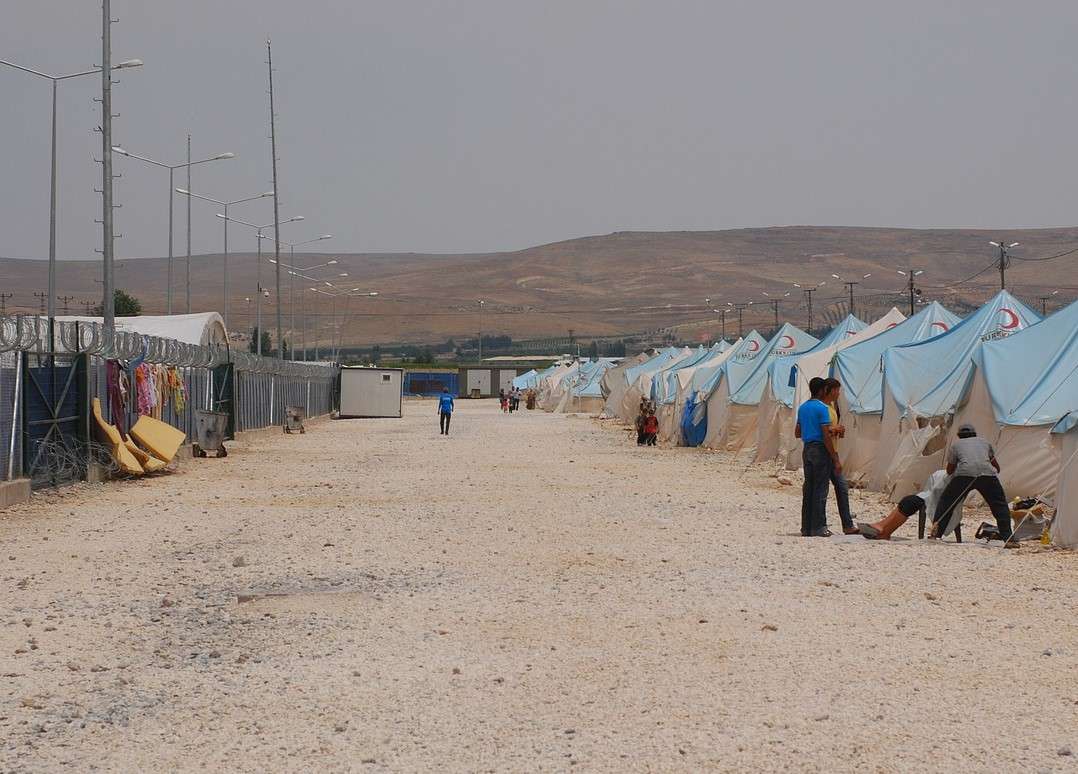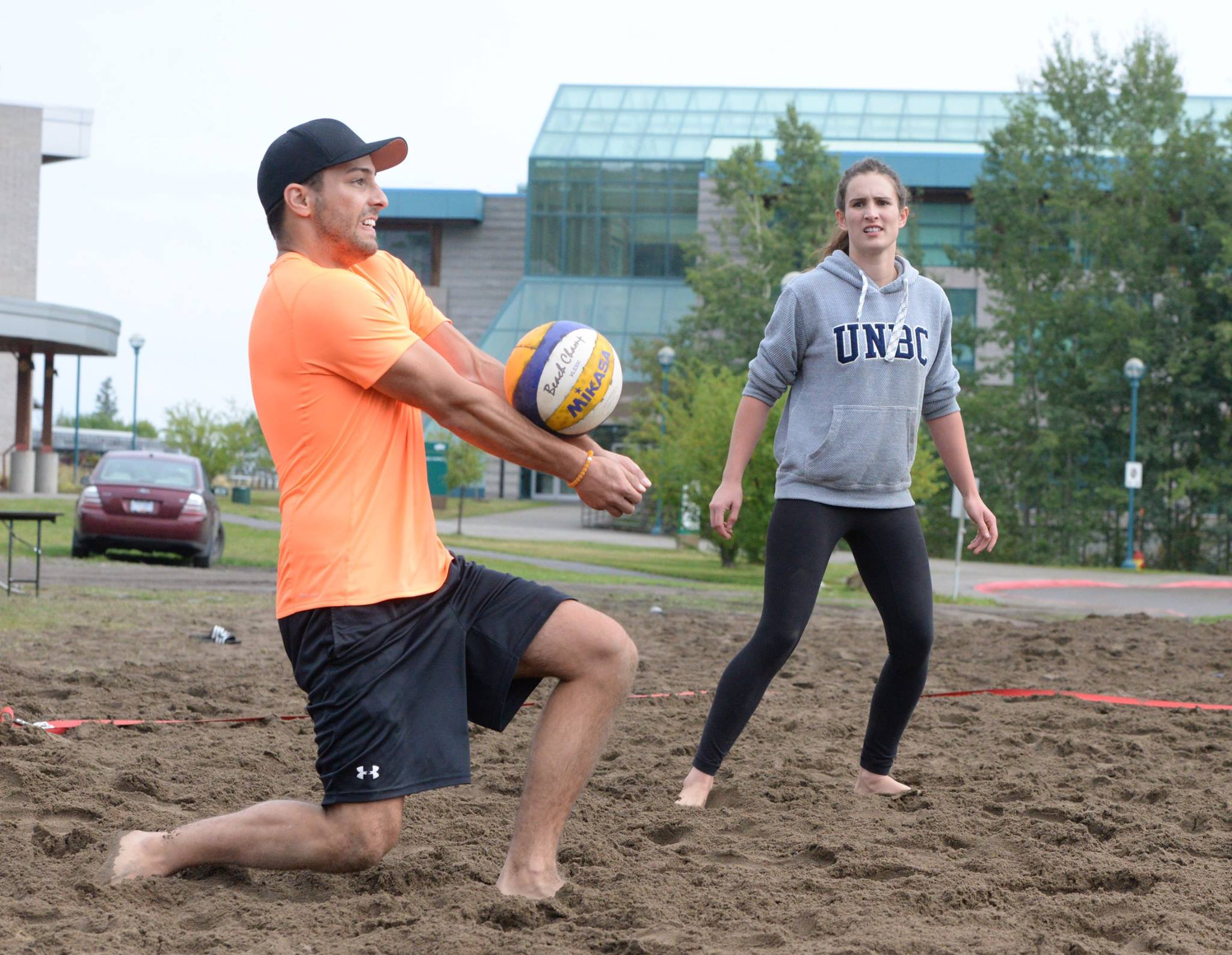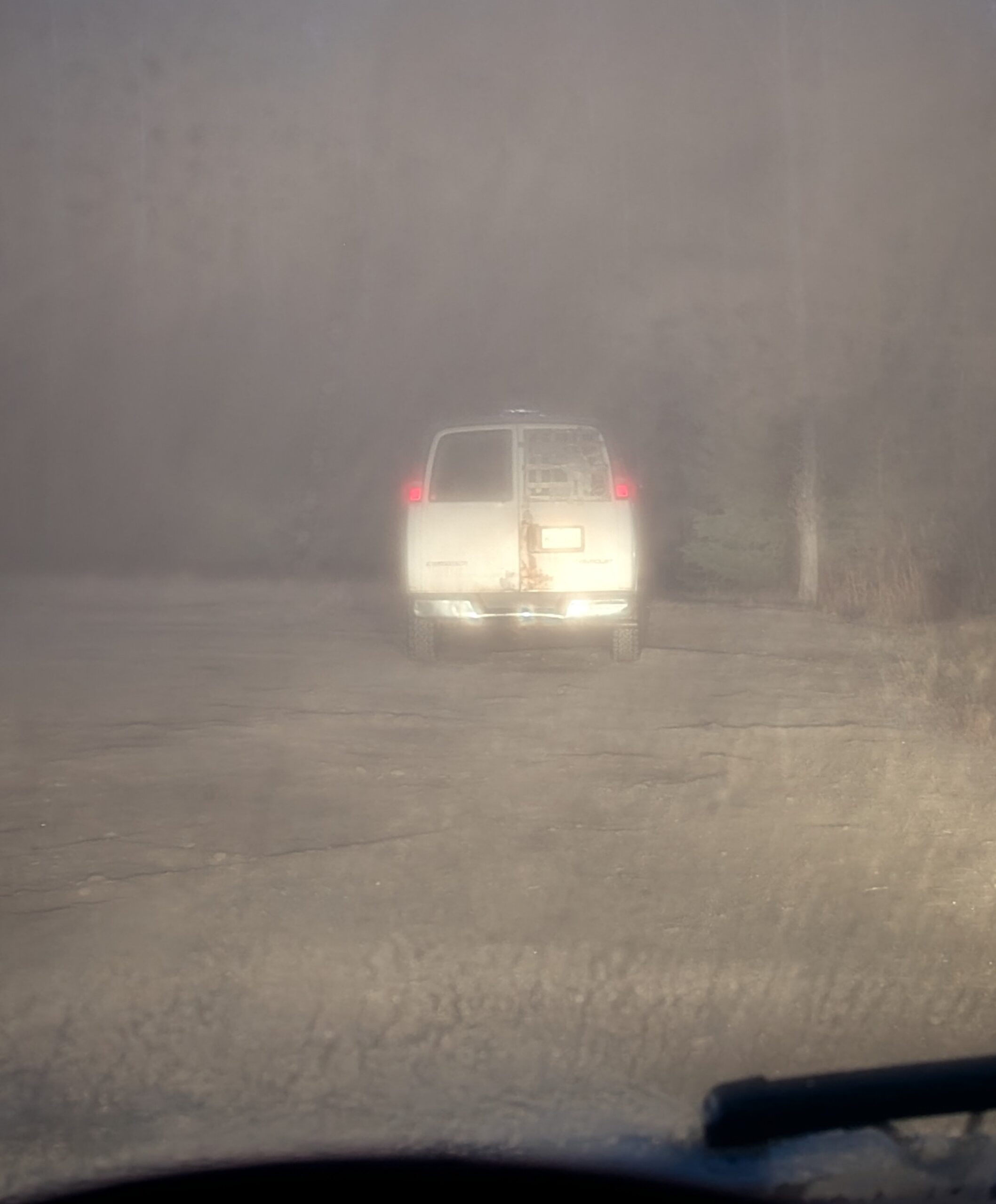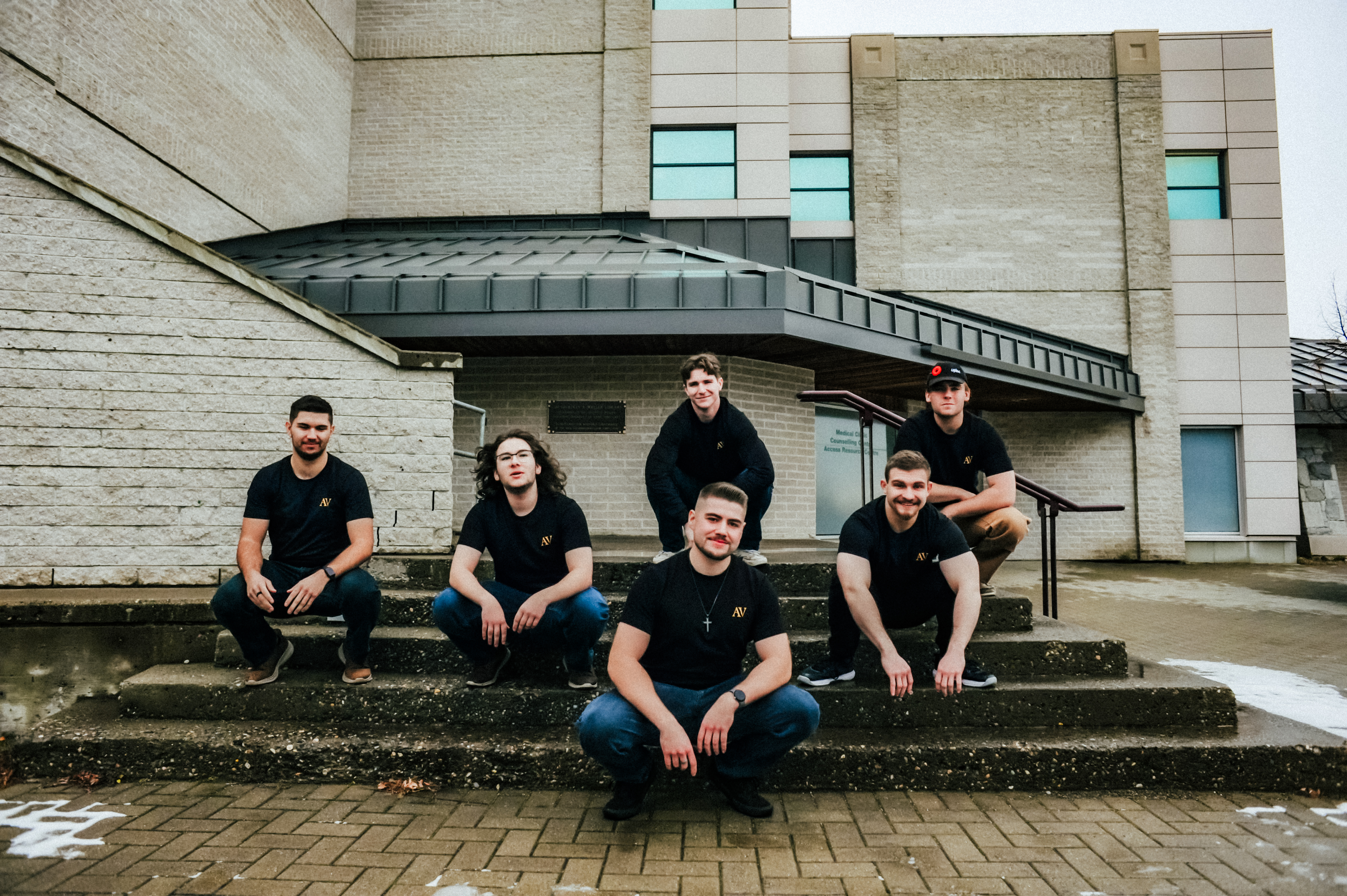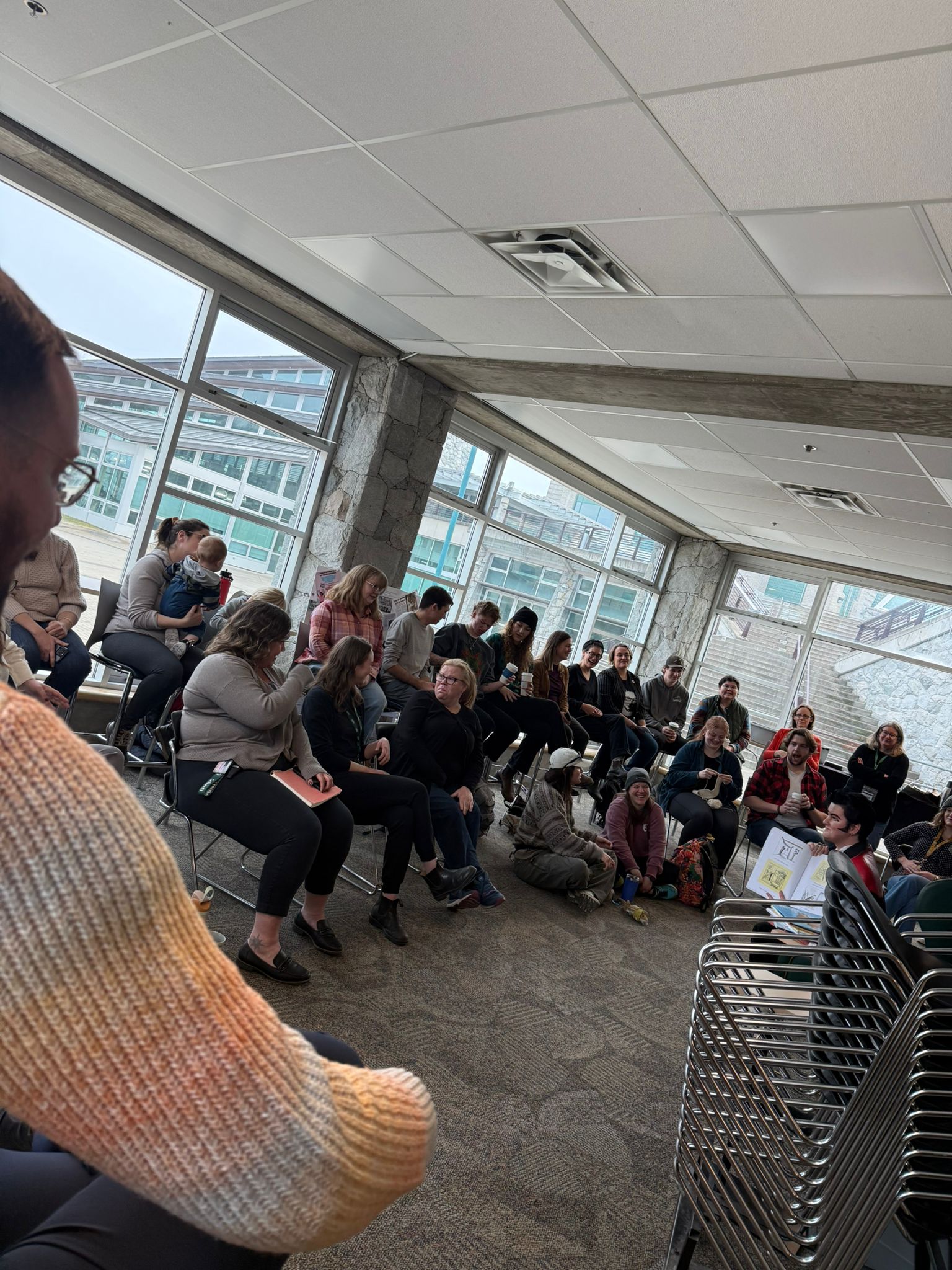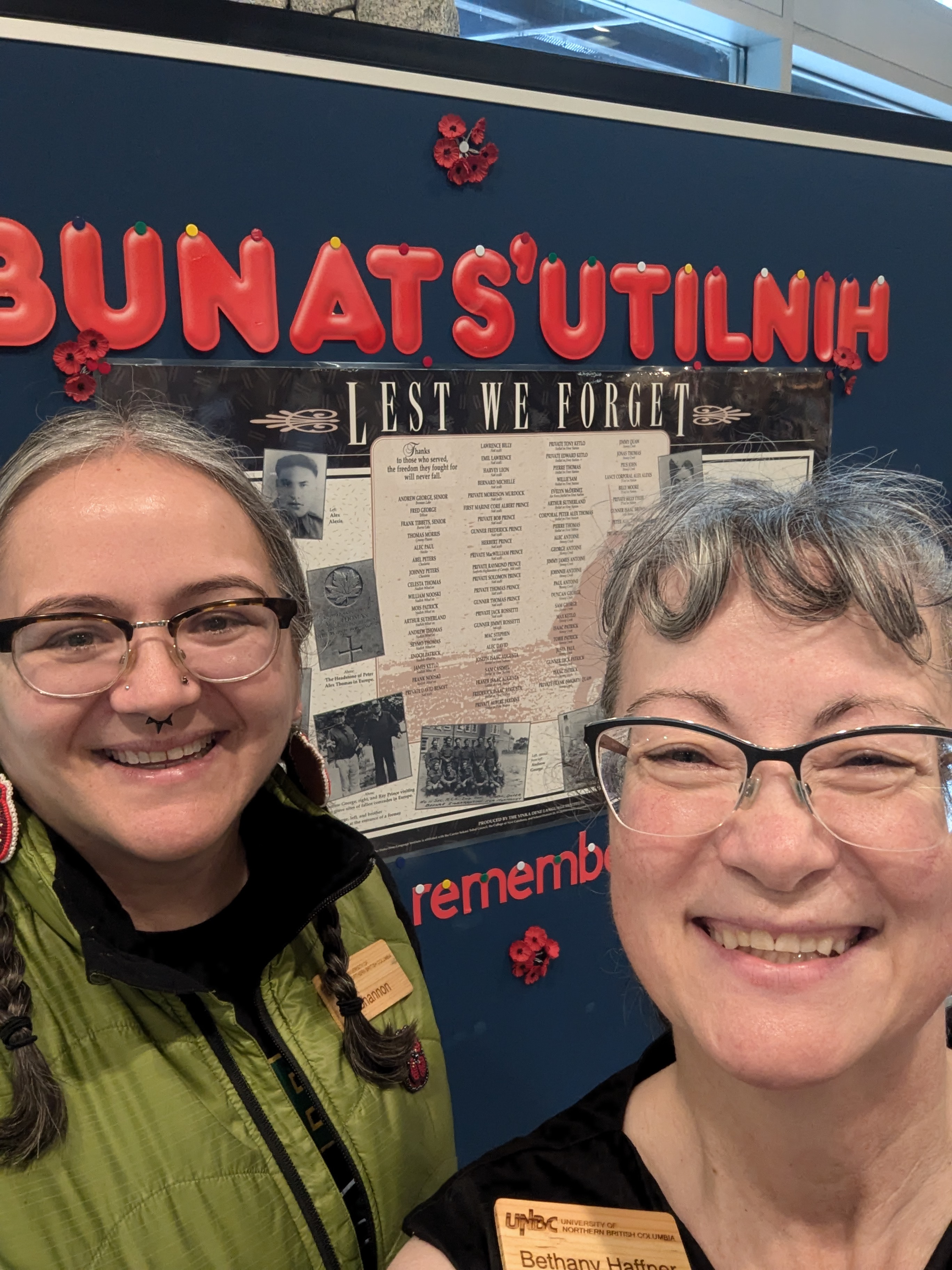After finishing high school, I applied to the University of Damascus / Daraa city branch. I got accepted there to start my bachelor’s degree in commerce in September 2012. I attended the first semester, and at the beginning of the second semester, the war situation was getting worse. We could not handle it there anymore; neither were we safe nor financially secure since we could not work.
My dad and mom decided that we had to leave the country to go to a safe place, and by virtue of the geographical area we live in, Jordan was close to our city. The Jordanian border was 12 km away from our house. On Thursday, January 17, 2013, at 4:00 pm, my mum, my brother, two of my sisters and I prepared our stuff. We headed to the border to enter Jordan. The reason why not all my family left with us was because my brother and dad decided to stay there so they could be close to my married sisters who lived in Daraa city during that time. My dad and mom decided to divide the responsibility between them; one stayed in Syria, and the other went to Jordan. My parents thought it would be two months maximum, and then everything should go back to normal. Then we could all reunite afterwards. As mentioned, because we thought it would be only two months, we did not take all our stuff with us, nor our clothes. We took only what would be enough for two months, starting from the day we planned on leaving. At 4 pm that day was the last time I would see the rest of my family and my house. So based on the distance between our house and the border, we need 10 to 15 minutes to arrive, but because of the army checkpoints everywhere, we had to drive for 3 hours, and use sub roads to avoid the checkpoints, because if we got caught, we could all be arrested. After the 3 hours of driving, we got to the point where we had to step out of the car and walk to the Jordanian side, and since we were entering Jordan as refugees, we could not use the main port. We used illegal routes to arrive there safely. Another 3 hours of walking, trying not to make any noise, keeping quiet all time, so we would not get caught or shot at. All that while, each one of my family carried four or more bags until we arrived. I felt those 3 hours as if they were a full week, or even more. The Jordanian army was on the other side, and they were ready 24/7 as they knew there were a lot of Syrians who were leaving for Jordan. The Jordanian military put us in their army vehicle and drove to a safe spot where they gathered the refugees when they arrived, which was around 11 pm. Then we had to wait at the Jordanian army gathering point until they registered our information in their system and transferred us to the Zaatari Refugee Camp. We waited in line, in January weather, until 3 am until they finished registering us. Then we were put in army busses and taken to the Zaatari camp. Friday, Jan18, 2013, 4:00 am, we arrived at the camp.
My first day as a refugee was living in a tent in the camp. On that day, there was a rainstorm. Floods happened across the majority of the camp tents. We arrived at a safe place away from the bombing and fire, but this safe place was in the middle of the desert and lacked the basic necessities of life. A place where a tent is considered a house, and people would fight to have a tent, a place where there is no electricity, where you have 10 litres of water per day per person to cover our needs for drinking, washing, cooking, etc. A place where you have to walk 700 meters or more to find the washroom, a place where you walk 300 meters to find the shared kitchens to have gas to prepare a meal, a place where there is only rice, bulgur and lentil to eat, a place where you walk 2km and pay money in order to charge your phone, a place where you do not see any light around you except the light of the sun and moon, and the list goes on. You could describe it as if you had been transported from 2013 to 1880. It was a huge change and not easy to adapt to it. When we arrived, my uncle was already in the camp, so he hosted us at his tent. We put our luggage in his tent, then we went to help people affected by the floods, and after that, we received a tent from the UNHCR agency. We set it up in a dry place, then moved our stuff to it.
That was my first day at the camp.
This is part 2 of my story, and again, I will keep writing until I run out of words. See you for part 3 of my story.
My Refugee’s Trip, Before I Became a Student at UNBC – Part 2
After finishing my high school, I applied to the University of Damascus / Daraa city branch. I got accepted there to start my bachelor’s degree of commerce, that was in Sep 2012. I attended the first semester, and at the beginning of the second semester, the war situation was getting worse by then and we could not handle it there anymore, neither from being safe, nor financially since we were not able to work. My dad and mom decided on that day that we have to leave the country to go to a safe place, and by virtue of the geographical area we live in, Jordan was closer to our city. The Jordanian border was 12 km away from our house. On Thursday, Jan17, 2013, at 4:00pm, my mum, my brother, two of my sisters and I prepared our stuff, and we headed to the border in order to enter Jordan. The reason why not all my family left with us was because my brother and dad decided to stay there so they can be close to my married sisters who live in Daraa city during that time. My dad and mom decided to divide the responsibility between them, one of them stay in Syria and the other go to Jordan. My parents were thinking it is two months maximum then everything should back to normal then we can reunion after. As mentioned, because we thought it is going to be two months only, we did not take all our stuff with us, neither our clothes, we took something could be enough for the two months period. Going back to the day where we planned on leaving. At 4pm of that day was my last time to see the rest of my family and my house. So based on the distance between our house and the border, we need 10 to 15 minutes to arrive, but because the army checkpoints everywhere, we had to drive for 3 hours, and use sub roads to avoid the checkpoints, because if we got caught, we may all be arrested. After the 3 hours of driving, we get to the point where we have to step out of the car and walk to the Jordanian side, and since we are entering Jordan as refugees, we can not use the main port, we used the sub roads /illegal route to arrive there safe. Another 3 hours of walking, trying not to make any noise, and keep quite all time so we do not get caught or shot at. All that while each one of my family carrying 4 or more bags until we arrived. I felt those 3 hours as if they were full week or even more. The Jordanian army was on the other side, and they were ready 24/7 as they know there are a lot of Syrians are leaving to Jordan. The Jordanian army put us in their army vehicle and drove to a safe spot where they gather the refugees when they arrive, that was around 11pm. Then we had to wait in the Jordanian army gathering point until they register our information in their system, and to transfer us to the Zaatari Refugee Camp. We waited in the line (Outdoor place, in January weather) until 3am until they finish registering us. Then we putted in army busses and took us to the Zaatari camp. Friday, Jan18, 2013, 4:00am, we areeived to the camp. My first day as refugee living in tent in the camp. On that day, there was rainy storm, and floods happened across majority of the camp tents, so we arrived at a safe place away from the bombing and fire, but this safe place was in the middle of the desert and has lacks to the basic necessities of life. A place where the tent is considered house, and people may fight to have tent, a place where there is no electricity power, a place where you have 10 liters of water per day per person that to cover our needs of drinking, washing, cooking, etc. A place where you have to walk 700 meters or more to find the public washroom, a place where you walk 300 meters to find the public kitchens to have gas to prepare meal, a place where there are only rice, bulgur and lentil to eat, a place where you walk 2km to pay money in order to charge your phone, a place where you do not see any light around you except the light of the sun and moon, and the list goes on. You could describe it as if you moved suddenly from 2013 to 1880ish. It was a huge change and not easy to adapt to it. During that time when we arrived, my uncle was already in the camp, so he hosted us at his tent, and we put our luggage at his tent, then we went to help people who were affected by the floods, and after that we received a tent from the UNHCR agency, and we built it on dry place, then we moved our stuff to it. That was my first day at the camp. This is part 2 of my story, and again, I will keep writing until I run out of words. See you on part3 of my story.
